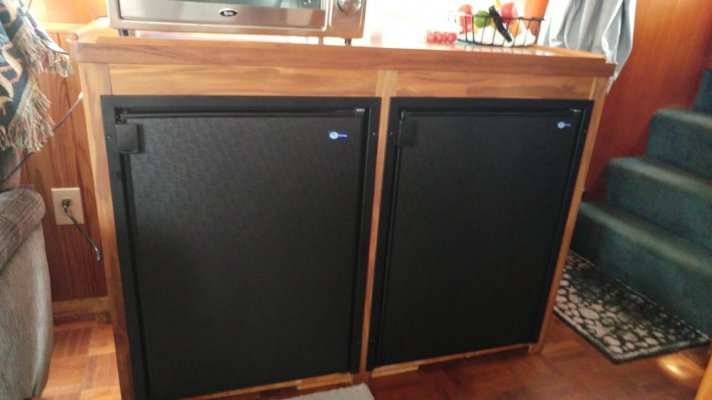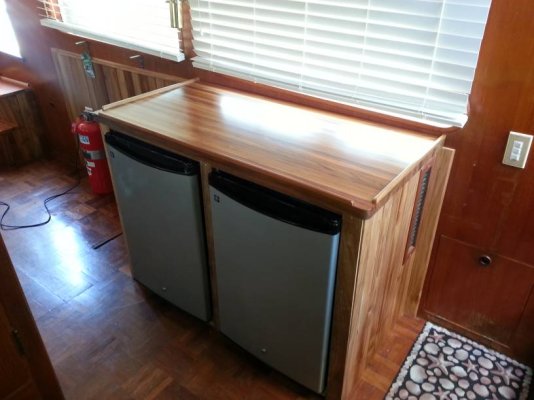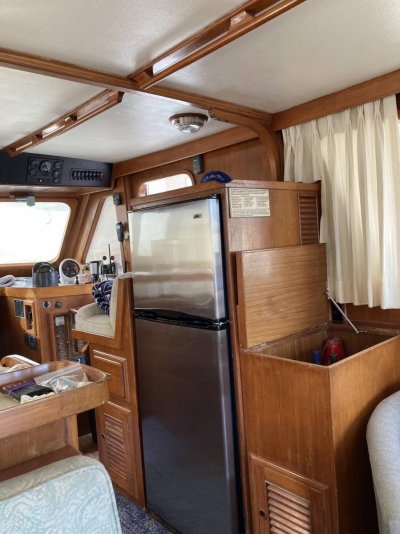Chartwell
Member
- Joined
- Mar 7, 2017
- Messages
- 17
- Location
- United Kingdom
- Vessel Name
- Chartwell
- Vessel Make
- GB 36 Classic
Looking at replacing my Engel SR90E fridge which is 12v/240v. Would welcome thoughts on best marine fridge and why I would need the 240v facility as opposed to just getting 12v.
For context cruising the Mediterranean at the moment and very hot.
For context cruising the Mediterranean at the moment and very hot.




